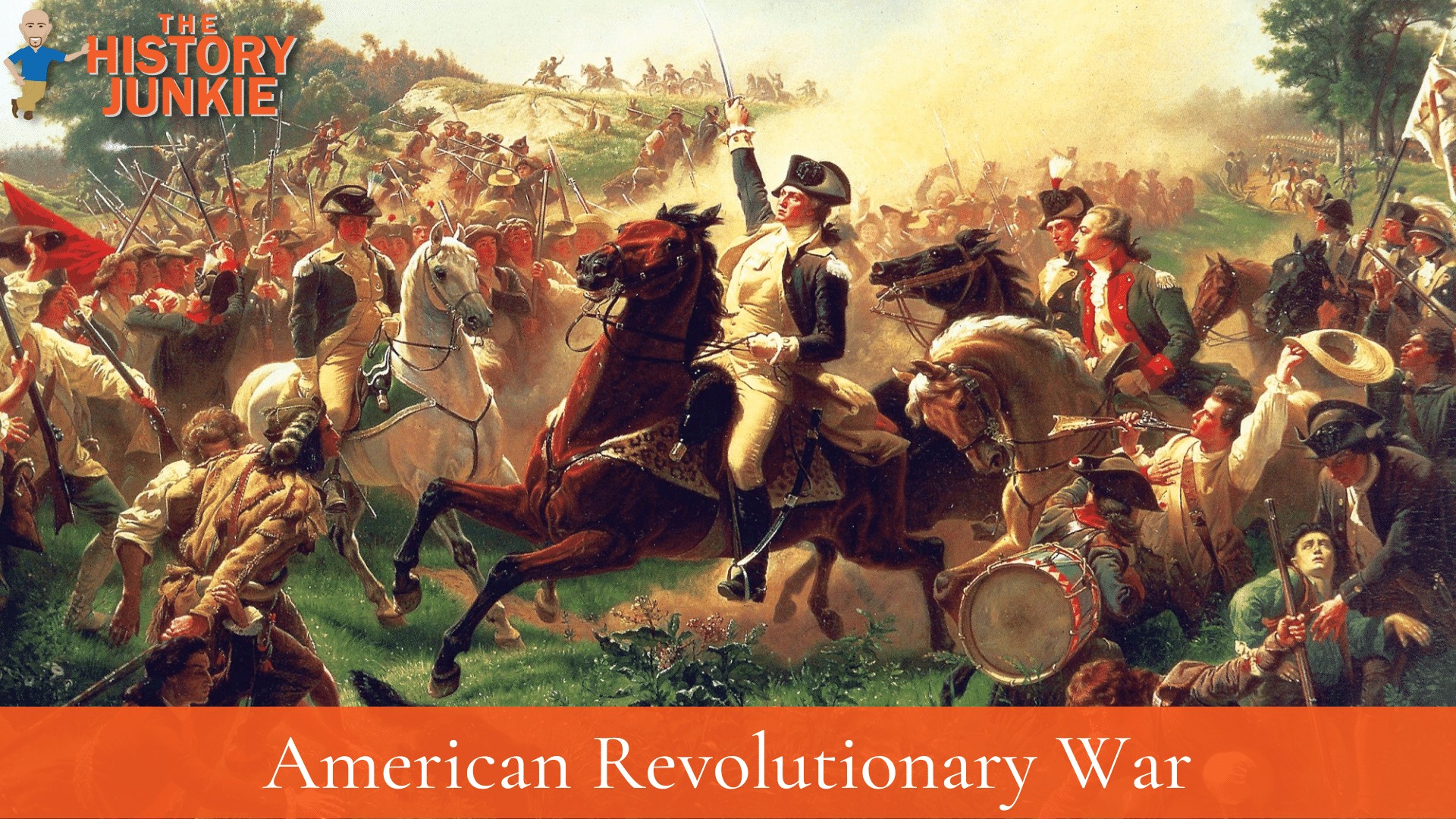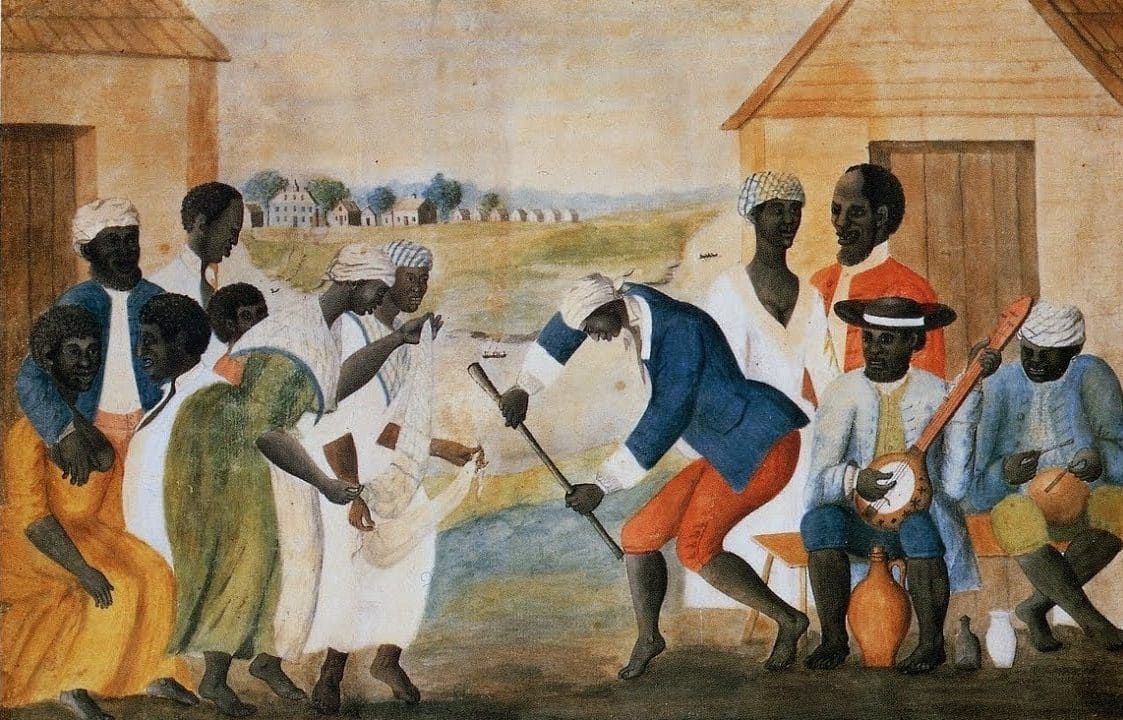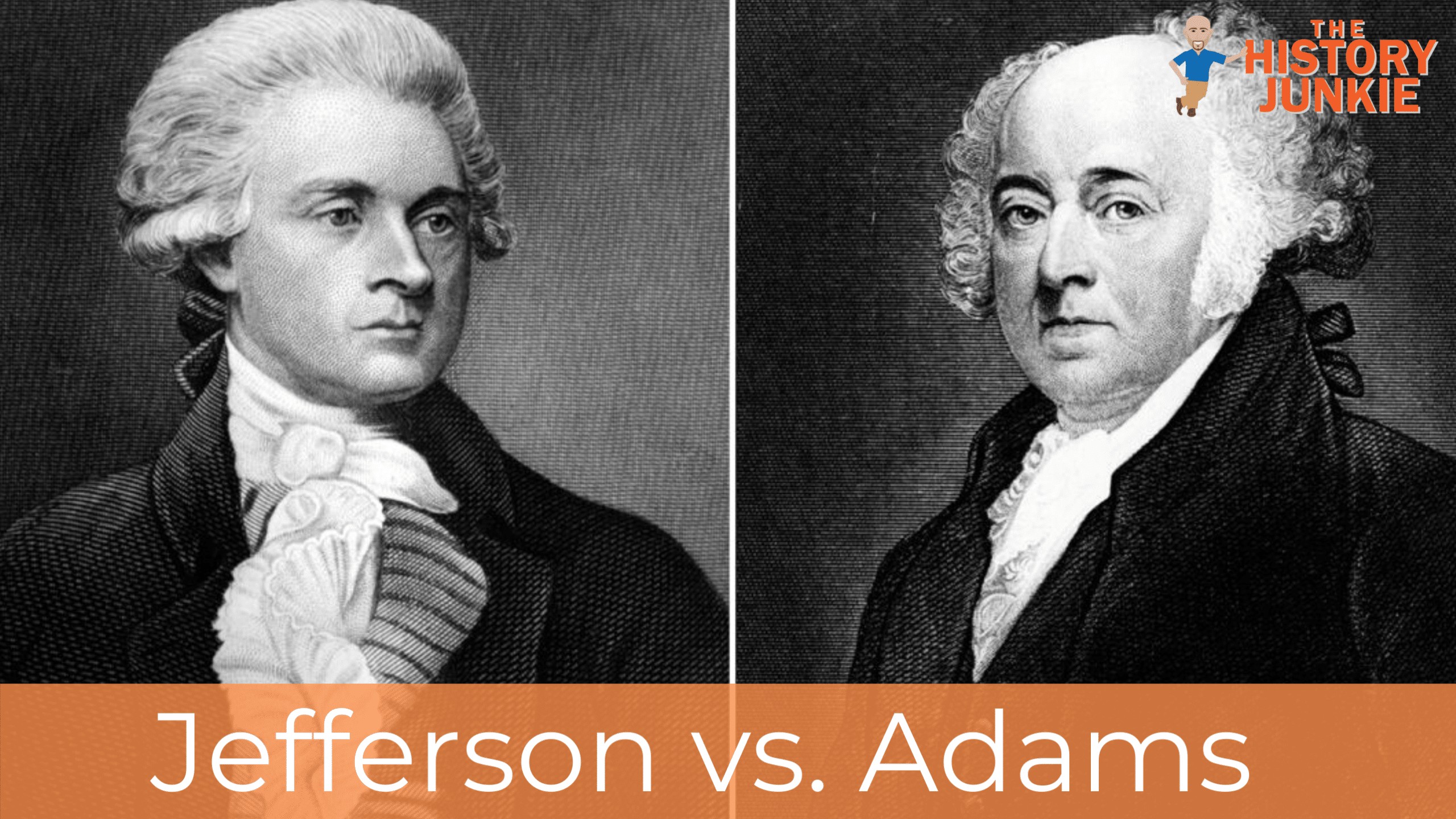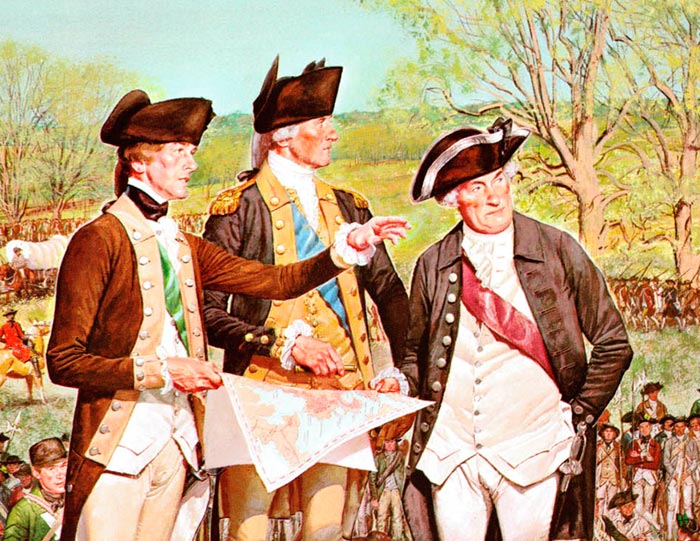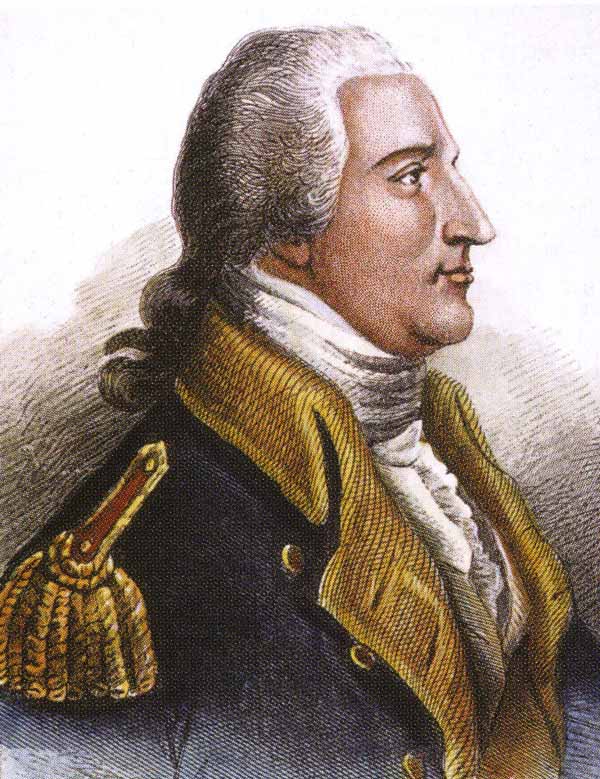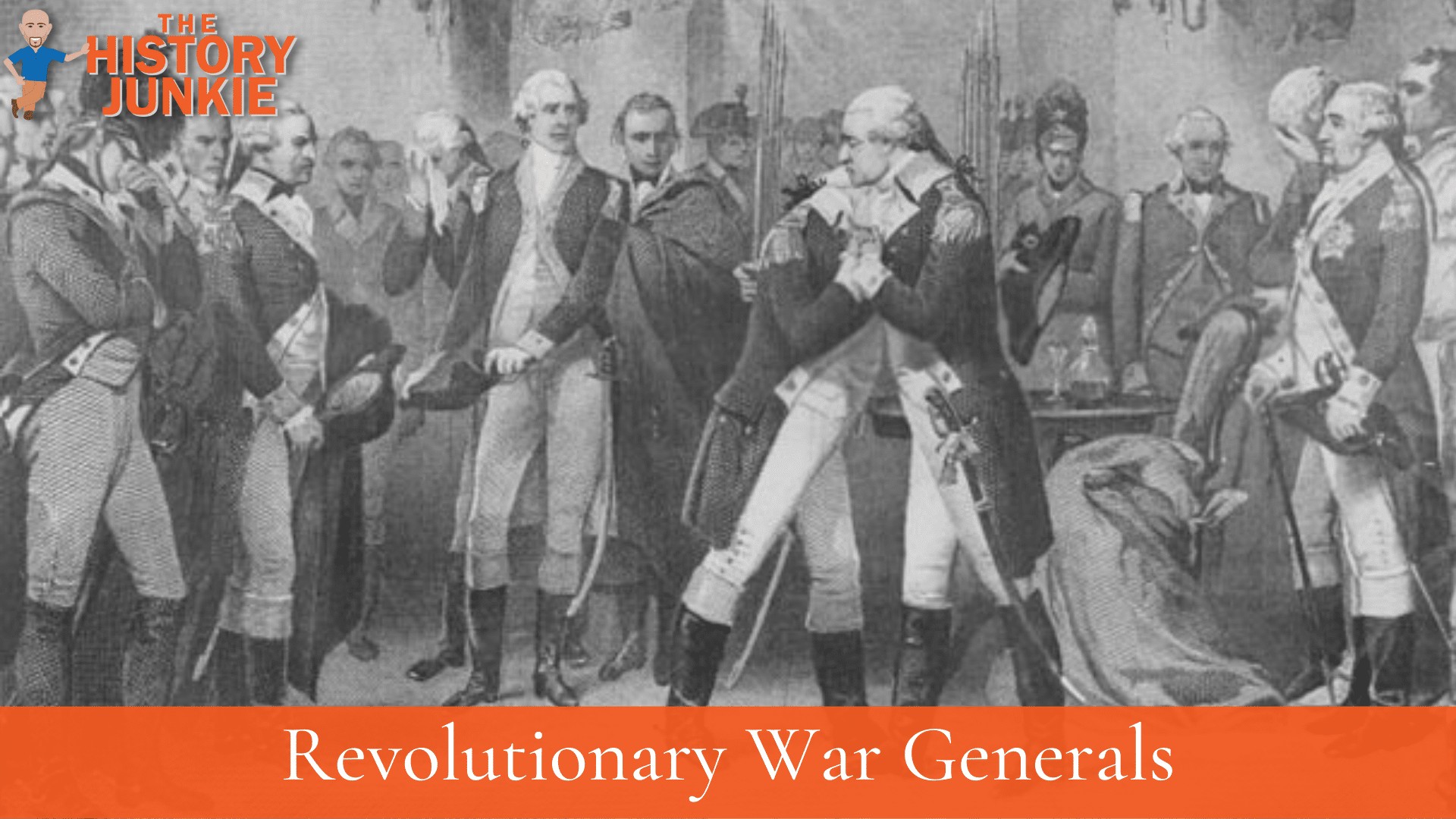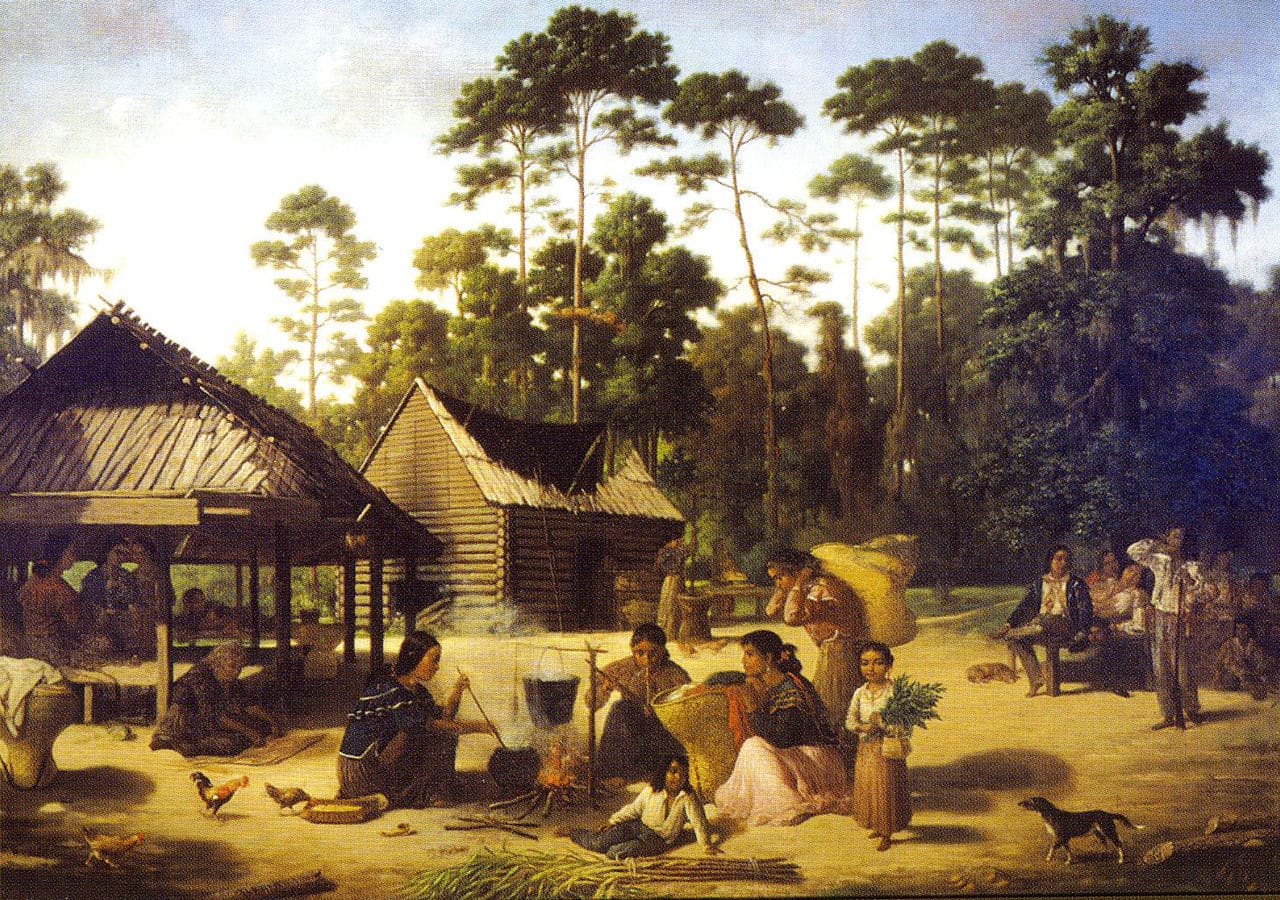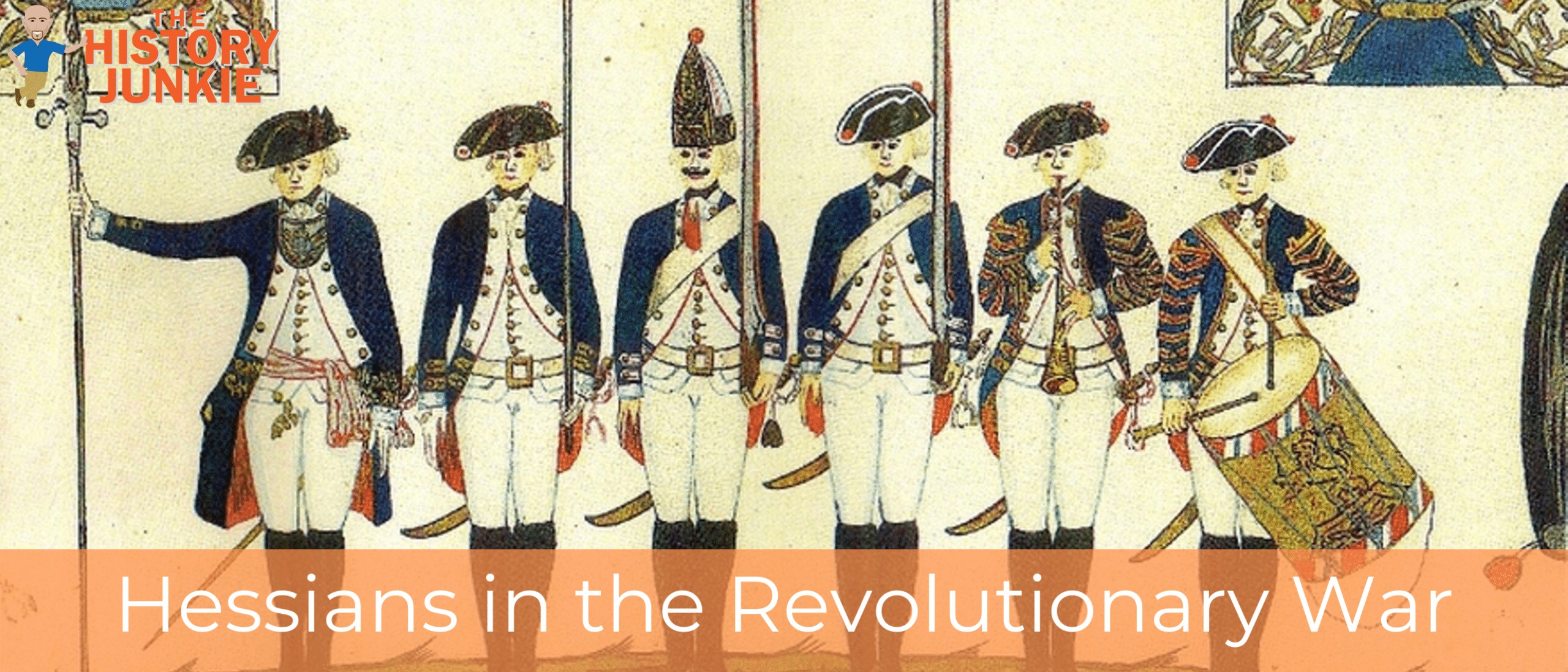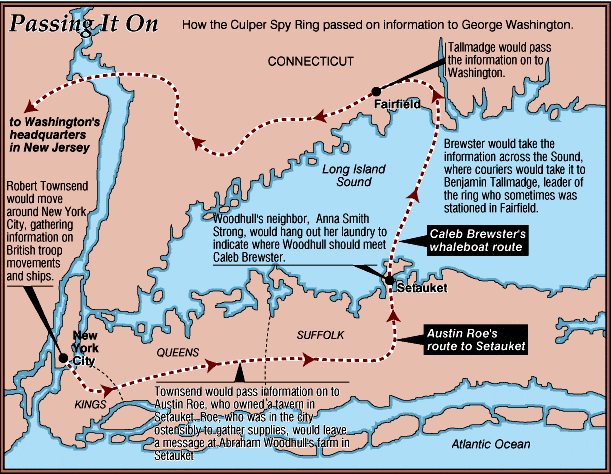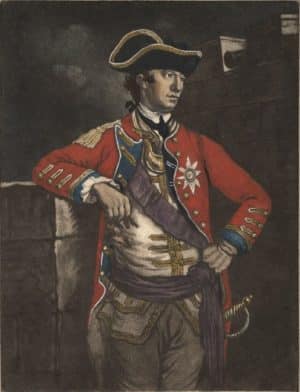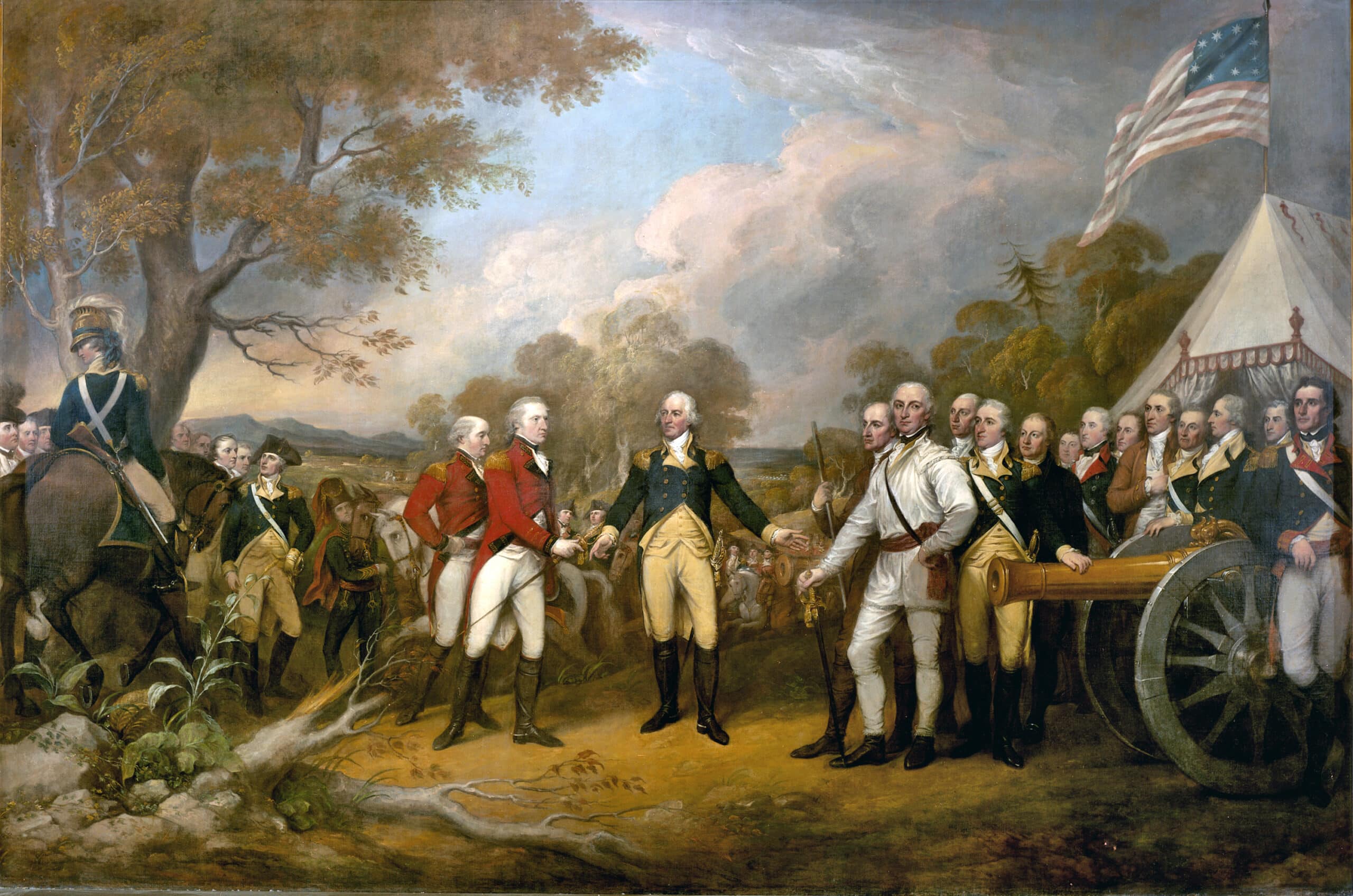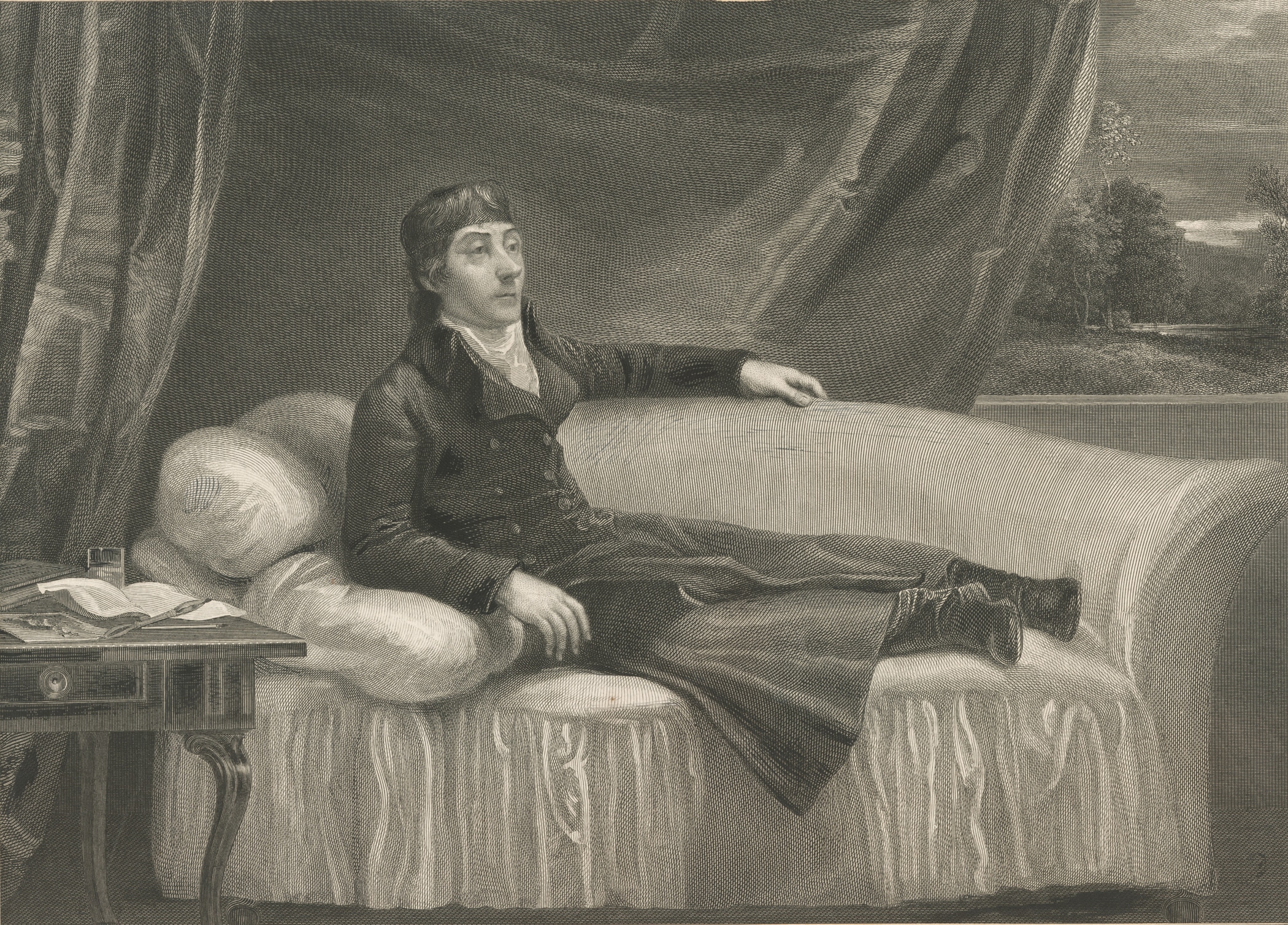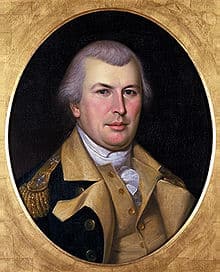The Revolutionary War is the most romanticized time in American History. The struggles are often forgotten, many heroes' flaws are glossed over, and the British are made to look like evil scum.
There are many misconceptions, but in the end, it is still the story of America and the birth of the greatest nation in the world.
While it is impossible to give an exhaustive list I am going to try and give as many interesting facts that I can think of about the Revolutionary War.
1. The Declaration of Independence Originally Condemned Slavery
This is probably the most unknown fact about the Declaration of Independence because it did not make the final cut. Thomas Jefferson, in his indictments against King George III, condemned the slave trade.
This clause was in response to the British tactic of giving slaves their freedom if they fought against the colonists:
He has waged cruel war against human nature itself, violating its most sacred rights of life and liberty in the persons of a distant people who never offended him, captivating & carrying them into slavery in another hemisphere or to incur miserable death in their transportation thither. This piratical warfare, the opprobrium of infidel powers, is the warfare of the Christian King of Great Britain. Determined to keep open a market where Men should be bought & sold, he has prostituted his negative for suppressing every legislative attempt to prohibit or restrain this execrable commerce. And that this assemblage of horrors might want no fact of distinguished die, he is now exciting those very people to rise in arms among us, and to purchase that liberty of which he has deprived them, by murdering the people on whom he has obtruded them: thus paying off former crimes committed again the Liberties of one people, with crimes which he urges them to commit against the lives of another
This phrase was cut out. Later in his life, Thomas Jefferson cited the reason it failed was due to South Carolina and Georgia. These two colonies were younger and much more liberal in the slave trade.
2. The Colonies Did Not Consider Themselves United
There is this notion that the United States of America looked similar but with fewer states as today.
Each colony was founded differently. Jamestown was founded by merchants, Plymouth was founded by Separatists looking for religious freedom, Philadelphia was founded by a Quaker who practiced tolerance for all religions, and Georgia was founded by James Oglethorpe as a haven for debtors.
Each colony was founded differently which meant that each colony had a different charter and culture. When the First Continental Congress met in Philadelphia it was said that "Massachusetts may be at war with Great Britain, but South Carolina is not!" This mindset was common as each colony viewed itself as an independent state.
3. John Adams and Thomas Jefferson Became Best Friends
John Adams and Thomas Jefferson were from different colonies and met for the first time during the Continental Congress.
It was said that John Adams provided the voice while Thomas Jefferson provided the pen for independence.
John Adams was a trial lawyer who did not fear passionate debate. He had participated in the Boston Massacre trial and defended the British and during the Continental Congress he passionately laid out the argument for independence.
However, his style was abrasive and offended many of the other delegates.
Thomas Jefferson was not a skilled orator but was an excellent writer and well-liked. He also was a delegate from Virginia, which was the largest colony in Colonial America.
The two held the same ideas and complemented each other's weaknesses. They would remain best friends until the election of 1800 when they became political rivals. Their friendship would be rekindled when they were older.
4. George Washington's Nomination as General was a Surprise
George Washington arrived at the First Continental Congress dressed in his military uniform. He had served the British during the French and Indian War and afterward had become one of the richest men in Virginia.
He was well-respected by all delegates, but the delegates from the New England Colonies seemed to be the only ones pushing for independence in 1775.
When John Adams recommended George Washington as commander-in-chief of the Continental Army it was a surprise. Many believed that he was going to nominate John Hancock. Even Hancock himself seemed to believe that.
However, the nomination of George Washington was as much of a political move as it was a practical one. Being respected and a southerner gave Adams the influence he needed to form a Continental Army.
5. George Washington's Time in Boston was Tough
When George Washington arrived in Boston in 1775 he took control of a ragtag group of militia. The men were not organized, did not have a chain of command, and did not know how to act like an army.
Their hygiene was horrible, cleanliness was non-existent, and many engaged with loose women outside the army lines.
George Washington had to begin with the basics and unify a group of soldiers. He had to establish good relations with militia commanders and create a chain of command.
The provincials had already been successful at Lexington and Concord and had decimated the British at Bunker Hill. When Washington arrived he took over a siege.
Navigating through these murky waters required much diplomacy and understanding. However, by the time the British left Boston, the Continental Army was unified.
6. Benedict Arnold was an American Hero before he became a Traitor
The name Benedict Arnold is seen as a curse word in American History. Arnold is never mentioned in history books except for his treason.
However, for most of the war, he was considered a hero and was one of Washington's favorite generals. He, along with Ethan Allen, captured Fort Ticonderoga. These weapons would be used to dislodge the British from Boston.
He led an epic march to Quebec where he was defeated and wounded.
He served under Horatio Gates during the Battle of Saratoga where he and Daniel Morgan turned the tide against the British and led the Americans to victory.
He was known as an American hero and the soldiers loved him. However, his pride caused his downfall. He felt like he was not appreciated for his contributions and Congress continued to promote incompetent generals ahead of him.
He would eventually betray his countrymen and join the British.
7. Margaret Kemble Gage was a spy for Joseph Warren
This point has been disputed.
Margaret Kemble Gage was the wife of Thomas Gage, the British General in charge of colonial affairs in 1775. Gage had planned to march to Concord to confiscate weapons and ammunition that were being stored there. His plan was a secret and he did not tell many of it.
However, the patriot leader Joseph Warren learned of the plan and enacted a sophisticated alarm system to muster the minutemen.
Some historians believe that Margaret, who had patriot ties, alerted Joseph Warren through back channels of her husband's plan.
This theory has never been proven. By all accounts, General Gage and Margaret had a long and happy marriage. They had many children together and she was seen as a loyal wife in England.
8. Generals were promoted by Congress
Generals were promoted by Congress and often Congress did not promote them based on merit, but on social standing.
This followed the European model and led to many incompetent Revolutionary War Generals being promoted to the frustration of General Washington. Washington offered suggestions to Congress, but his suggestions were often ignored until the end of the war.
This came to a head after the Battle of Camden when Horatio Gates and the southern army were destroyed by General Cornwallis.
Congress finally took Washington's suggestion and the leadership structure in the Continental Army began to stabilize.
9. Logistics controlled the decisions of the War
Often not written about in the history books is the logistics of the Revolutionary War.
Logistics influenced every decision during the Revolutionary War. This included the Battle of Trenton, Battle of Cowpens, Battle of Guilford Courthouse, and many other Revolutionary War Battles.
Supply lines, soldier expirations, soldier salary, and disease all factor into the logistics of war. While not glamorous the army that had a better infrastructure often won the day.
This is what makes the typical American soldier during the war such a hero. They were often unpaid and only promised that Congress would pay them.
They did not have the right clothes and would march in extremely cold weather without any shoes. However, many fought because they believed in the cause and when their journals are read that is what they talk about.
They fought for an idea, which was much different than most armies in the past.
10. The Continental Army was Inoculated from Smallpox.
General Washington made a decision to inoculate or vaccinate his army against smallpox. This proved to be vital for the Continental Army's survival.
Inoculation had not been formally practiced although many soldiers would try to inoculate themselves. Throughout the Quebec Campaign of 1775 and much of 1776, the Continental Army lost many men to smallpox.
This led to Washington creating a controlled inoculation of his army during their winter encampments at Morristown and again at Valley Forge the following year. Less than 1% of the army died due to inoculation.
Washington's army was immune to this disease and would be throughout the rest of the war.
11. Native Americans Allied with the British
The Native Americans had been a part of America since the first attempted colony at Roanoke and played a role during the American Revolutionary War as well.
While there were a few tribes that sided with the Americans, most sided with the British as they believed the British would protect their interests. They were probably right with their assumptions.
The most notable of these tribes to ally themselves was the Mohawk tribe which was part of the Iroquois Confederacy. The Mohawk leader, Joseph Brant, would lead many warriors against the Americans and his influence would even spread to Tecumseh during the War of 1812.
12. African-Americans played a role for the Americans during the war.
African-American history and slavery during the Revolutionary War are complicated.
The first casualty of the war is known to be Crispus Attucks who died during the Boston Massacre. He was an African-American.
During the Boston Campaign, many African-Americans fought with the Continentals as they were free men of color and not enslaved.
However, one of the first things that George Washington did when appointed Commander-in-Chief was to ban African-Americans from participating in the army.
While it is probable that his own personal biases played a role in the decision, the decision was more politically motivated as many southerners did not like the idea of arming slaves.
13. African-Americans played a role for the British during the war
After Washington banned African-Americans from the Continental Army it became clear that the black culture would be sitting this war out.
However, the British believed there was much opportunity in the slave population and said that they would emancipate any slaves that left the plantation and joined the British army.
When this proclamation was given it would cause many slaves to flee their slave owners and run to the British. This included many slaves of George Washington, Thomas Jefferson, and many other notable southern plantation owners.
This became a serious issue for the southerners as many believed that there would be a slave uprising. However, the British could not capitalize on the slave population. This was due to their own biases and them leaning heavily on Loyalist support in the Southern Campaign which included many slave owners.
This was cited as one of the 5 reasons the British lost the Revolutionary War.
14. Virginia was the largest colony at the time of the Revolution
Virginia was the largest and oldest colony of the 13 original colonies before the American Revolution.
Their geographical position and size gave them more influence on other colonies. During the debate for independence, the delegates from Massachusetts, Connecticut, Rhode Island, and New Hampshire often drove the debate for independence while the delegates from the Southern and Middle Colonies were more reluctant.
All of them were waiting for Virginia's decision. When Richard Henry Lee delivered a fiery speech supporting independence from Great Britain, the dominos quickly fell in favor of independence.
15. The Carolina Signers Had Tragic Endings
The signers from South Carolina and North Carolina met tragic ends, with exception of Thomas Heyward Jr, many of these men died young.
When the American Revolution began to be debated the men from the Carolinas were the youngest to attend. They were passionate and often led to the debate that opposed independence.
However, after Virginia supported the motion for independence the other Southern colonies fell in line. The following delegates became argent patriots:
- William Hooper
- Joseph Hewes
- John Penn
- Edward Rutledge (youngest of the signers)
- Thomas Lynch Jr
- Arthur Middleton
Many of them died young, during the war, and never saw what America would become.
16. Who Were the Hessians?
The Hessians were hired by the British to help fight the war against the Americans.
This was looked at as dishonorable on the part of the British, however, mercenaries were common in European warfare.
The Germanic people had become experts in training mercenaries and by the time of the Revolutionary War, their services were sought after. They were known as professional, elite soldiers who could at time be brutal.
Their first appearance was at the Battle for New York and they would be defeated at the Battles of Trenton and Princeton. There would also be two units that fought at Yorktown.
17. Georgia was the Youngest Colony
Georgia was founded by James Oglethorpe in 1732 for debtors.
The colony did not participate in the French and Indian War as it was still developing. It was bordered by Spanish Florida and provided a buffer to the Carolina colonies from Indian attacks.
By the time of the American Revolution, Georgia had established a significant port in Savannah and was continuously growing its economy.
They sent three delegates to the Second Continental Congress:
The British would eventually capture Georgia during the Revolutionary War.
18. Washington was a Spymaster
One of George Washington's lesser-known attributes was his ability as a spymaster.
During the American Revolution Washington always had issues with receiving faulty information. To remedy this problem he wanted to create a spy network.
This began during the New York Campaign. At first, it was not successful and Nathan Hale was executed for being a spy. However, Washington learned from his mistakes and created the Culper Spy Ring under the guidance of Benjamin Tallmadge.
The Culper Spies became the most successful spy ring during the Revolutionary War.
19. General William Howe was a Rebel Sympathizer
General William Howe arrived in America in 1775 to replace Thomas Gage. His arrival came with a new strategy for putting down the rebellion.
General Howe was an odd choice because he was a sympathizer of the rebel cause and his politics can be seen throughout his dealings with the Americans.
However much of a sympathizer he was to their plight, Howe was ferocious on the battlefield and constantly defeated Washington on the battlefield.
He saw much success in New York, Brandywine, and Germantown before he was recalled back to England.
20. Revolutionary War Muskets were Inaccurate
The main weapon used during the Revolutionary War was the musket. However, the musket was notoriously inaccurate and the soldier could not control where the musket ball went after it was fired.
This resulted in soldiers standing shoulder to shoulder and firing a wall of musket balls at their enemy with the hope that the volley would be effective. This tactic favored the British.
Due to the inaccuracy of muskets some officers, like Daniel Morgan, preferred to use rifles in battle alongside muskets.
21. The Battle of Saratoga was the most significant battle
The Battle of Saratoga was the most important battle of the American Revolution. After the defeat of John Burgoyne, there were many dominos that fell around the world and in the colonies.
- The victory aided Benjamin Franklin's diplomatic efforts in France. It convinced France to formally ally itself with America.
- Benedict Arnold was wounded and would be slighted by General Horatio Gates. This would set into motion a chain of events that led to him betraying the United States.
- It destroyed an entire wing of the British Army and they never invaded from the North for the rest of the war.
- It had much influence on Native Americans that sided with the British.
- Spain and the Dutch Republic also declared war on Britain.
- Great Britain had to extend its resources to defend against attacks at home, in the Caribbean, and in other parts of the world.
- Elevated Horatio Gates to an equal rival of George Washington.
While there was much more war to be fought and America would see another low in the Southern Campaign, this made British victory nearly impossible.
Read my list of the 9 most important Revolutionary War Battles to see others who were influential.
22. There were Movements to Remove George Washington as Commander-in-Chief
George Washington had rivals and after 1776 there were many in Continental Congress who doubted his ability. He had been forced to retreat from many battles and had met disaster in New York.
Some such as Charles Lee and Horatio Gates (at different times) wrote letters to Congress disparaging General Washington.
Each of these movements blew over and each of the Generals was left disgraced by the end of the war.
In the case of Charles Lee, he was caught by Banastre Tarleton while he was still in his pajamas. He was sent to prison where he betrayed his country to General Howe. (This would not be known for decades) He was then released back to the Continental Army and met disgrace at the Battle of Monmouth. He would never command again.
Horatio Gates took place in the Conway Cabal where he corresponded in a movement to remove Washington from command and be replaced by himself. Benjamin Rush also took part in this cabal. Washington accidentally intercepted a letter that was sent to General Gates and learned of the cabal. He did not react.
Gates was given command of the Southern Army and was disgraced on the battlefield.
23. Native Americans Supported The Americans
One of the great ironies of the Revolutionary War was the role that Native Americans played. As stated before most of the Native American tribes allied with the British. However, there were some that allied with the Americans.
The best example of this comes from the Iroquois Confederacy. While most of the tribes fought with the British, the Oneida Tribe sided with the Americans. This was largely due to a Protestant Missionary named Samuel Kirkland who had much influence on the tribe.
There were many others that participated with the Americans during the conflict and as a result, those tribes gained more power due to America's victory.
24. Nathanael Greene and Charles Cornwallis Had A Rivalry
The southern campaign is typically when these two are mentioned in the same sentence, however, they had a rivalry prior to meeting in the south.
Greene first met Cornwallis in the northern theater during the Battles of Trenton and Princeton. He had successfully outmaneuvered the general and it would be signs of things to come.
Cornwallis took leave to stay with his ailing wife. After her passing, he returned to America and was aggressive as ever. after destroying Gates at the Battle of Camden he was faced with a familiar foe.
Nathanael Greene utilized every advantage he could possibly muster and due to logistics, Cornwallis was forced to eventually bunker down in Yorktown where he surrendered.

